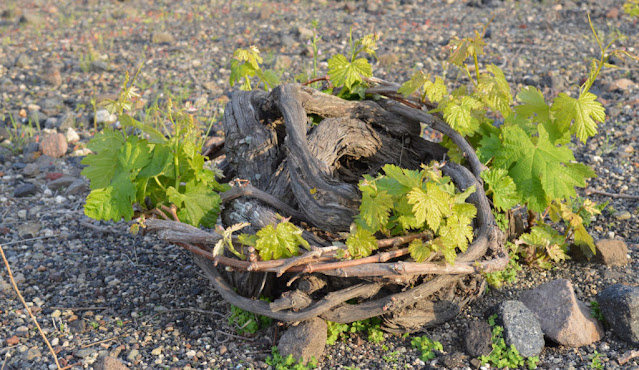Santorini arouses all of one's senses...even for this jet-lagged traveler who arrived yesterday. If you’ve seen a travel poster or magazine cover with a dazzling photo of a Greek island, there’s a very good chance it's from Santorini. This jet-setting, jaw-dropping, pleasure-bomb-of-an-island is unparalleled for its seductive beauty---think dramatic cliff-scaling white-washed villages, a profusion of bougainvillea in a rainbow of colors, all against a backdrop of crystal clear sapphire seas.
Santorini, however, isn’t just an erotic paradise. The island offers one of the most unusual archaeological ruins in the Aegean Sea. Akrotiri, a perfectly preserved city from 4000 BC, is frozen in time due to a catastrophic volcanic disruption that annihilated the island’s civilization and buried the settlement in volcanic ash for nearly 400 centuries. Greece’s version of Pompeii, Akrotiri wasn’t discovered until 1860 when earth and ash from Santorini started to be mined for use in building and insulation of the Suez Canal.

The island’s signature grape is a white variety,
Assyrtiko (a SEER tee ko). While grown
in a few other parts of Greece, the grape is indigenous to Santorini. And, it’s in its birthplace that the grape is
its most sensual due to Santorini’s mineral-rich, well-drained volcanic soil. Assyrtiko is often referred to as a white
wine with a red wine’s character. Its
solid acid framework means this pleasure-giving wine can also age beautifully.
Look no further than Santorini for an unforgettable experience that will titillate all of your senses.





